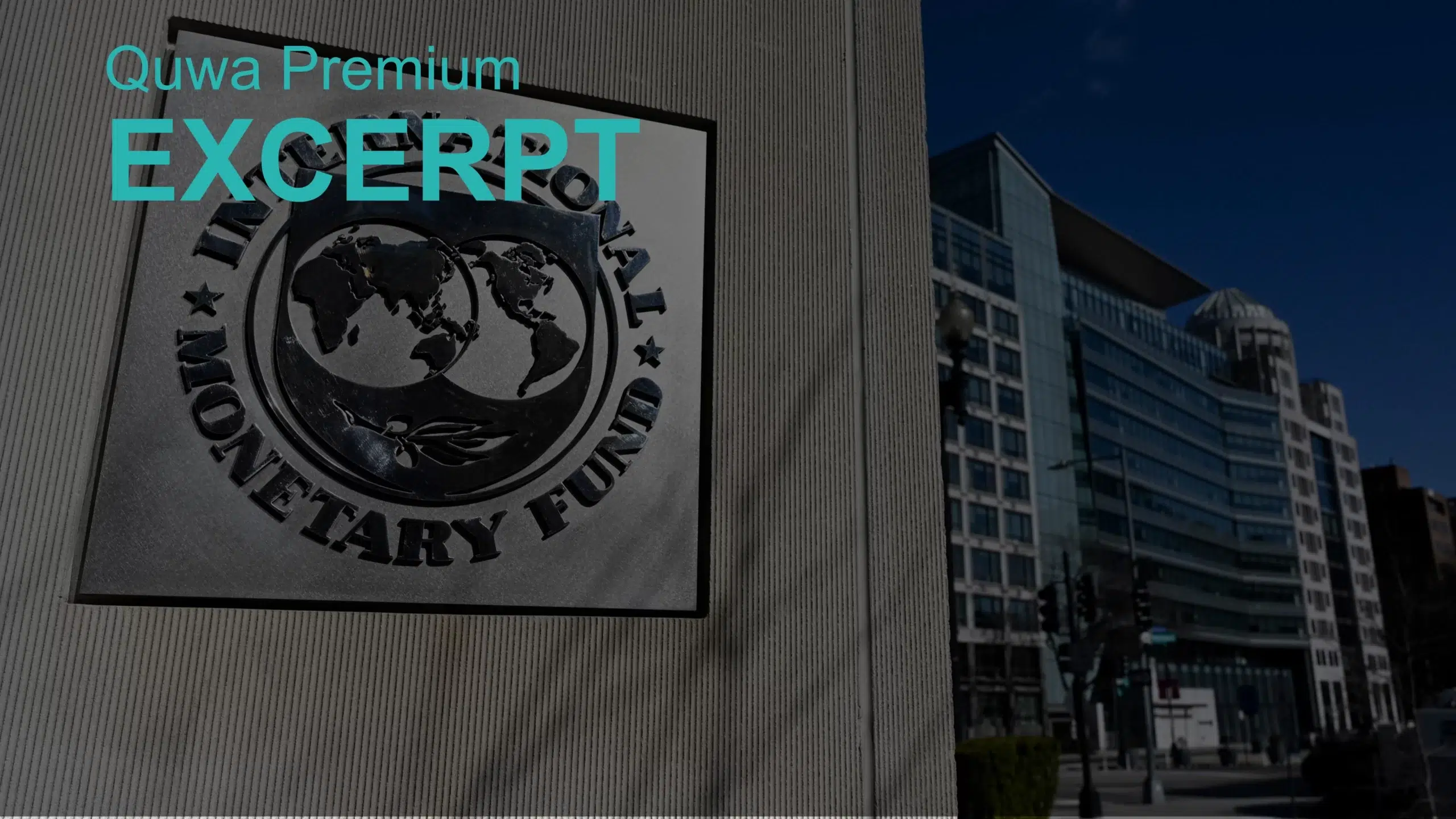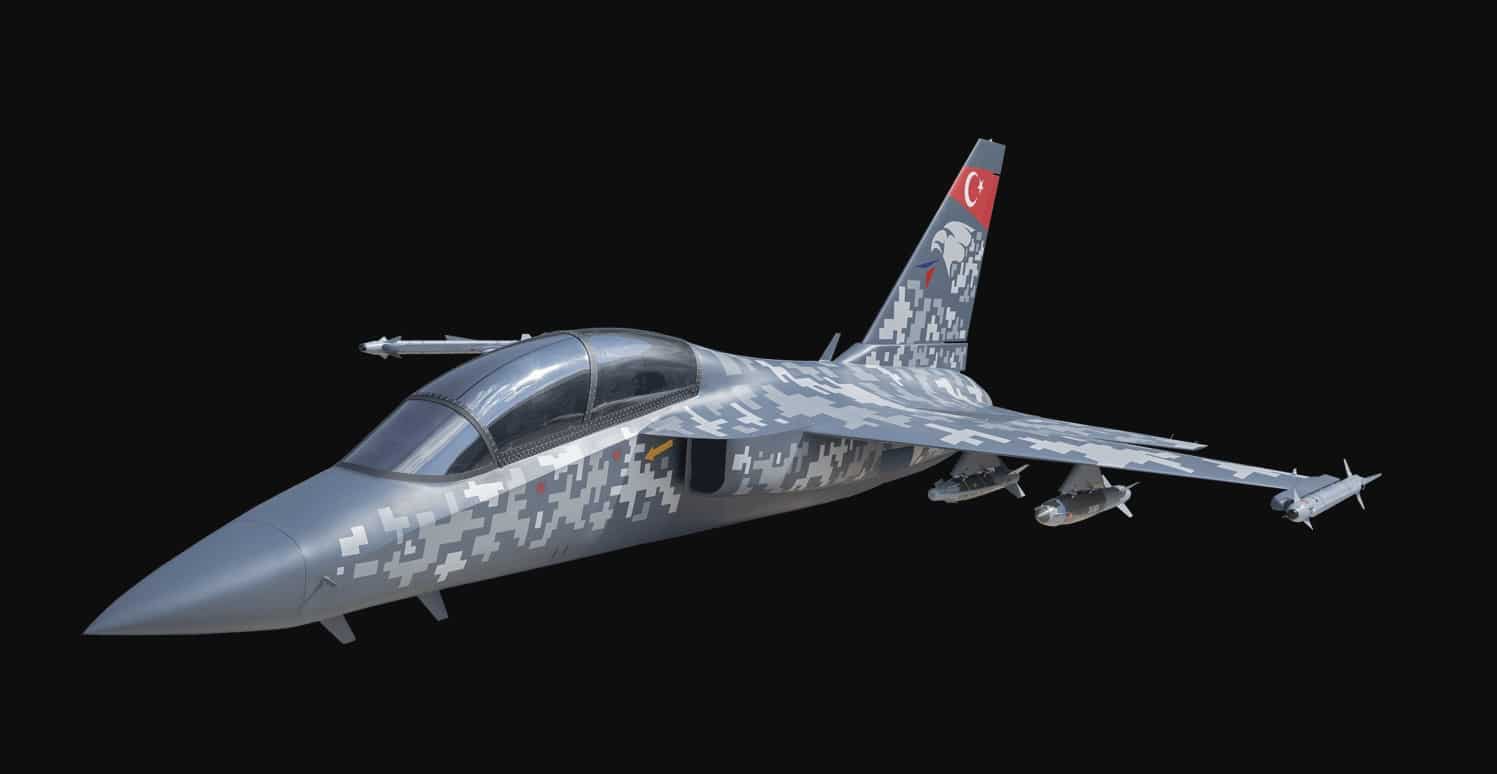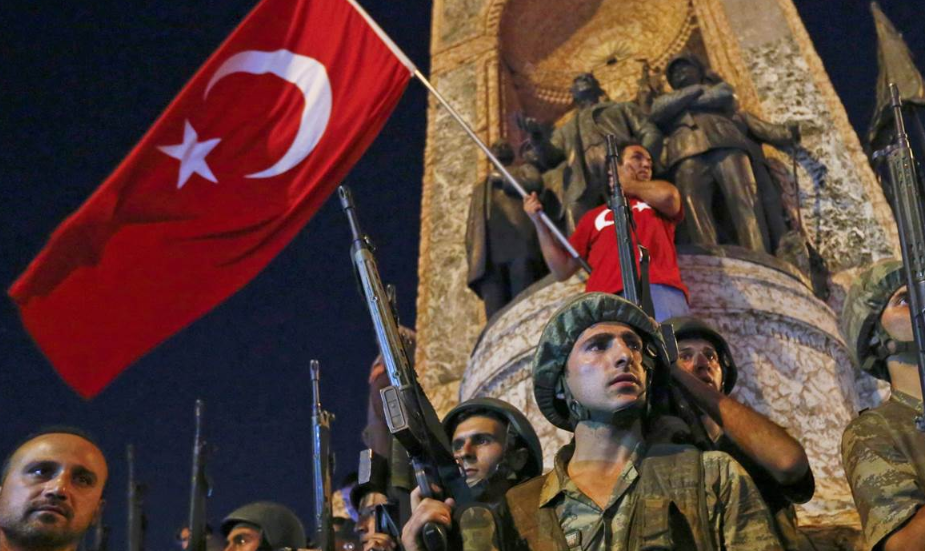2798Views

Economic Security: Pakistan’s Fatal Weakness
Today, Pakistan (and, perhaps, the world) are focused on seeing how the International Monetary Fund (IMF) will charter the country’s next steps. The Pakistani Rupee (PKR) is in free-fall, prices are skyrocketing, and confidence – be it from the public, investors, and perhaps the government itself – is at rock-bottom.
Pakistan’s anemic economy (relative to the country’s size, population, and potential) is a critical security vulnerability. It is not only an issue of lack of funding for procurement, but a weak (and imploding) PKR is also a limiter on vital defence imports across both in-house projects and off-the-shelf purchases.
Pakistan needs foreign or hard currency like USD to procure high-tech weapon systems; but weak exports force a greater supply of PKR on the market to fund said imports. However, without exports (which drive the market’s acquisition of PKR), the PKR will keep dropping in value.
Basically, as time moves forward, Pakistan’s ability to procure modern weapons will dwindle alongside its monetary and fiscal health. Thus, the conclusion of the analysis is that decades of poor political, economic, and governance decisions by both civilian and military leaders have critically wounded Pakistan’s defence stature. Where solutions necessitate “all-hands-on-deck” effort, Pakistan’s failures have been a result of “all-hands-on-deck” governance, neglect, undue interference in the economy, and a disdain for nurturing accountability culture. The following are three areas where these failures manifested the most:
Energy Dependence
To reach austerity, Pakistani governments (especially the PTI) targeted the import of consumer goods, like cars, appliances, and luxury items. While a strain on Pakistan’s outbound hard-currency flows, these have not been the biggest culprits. Yes, the policies that propped the PKR up did, in a way, provide a subsidy of sorts to those who consumed imports (e.g., Pakistan’s affluent and elite classes), but curbing them would not have decisively addressed Pakistan’s primary “expense” – i.e., energy…
End of excerpt. Subscribe to Quwa Premium to read the rest of this section.
Politicized Economic Decisions
Rather than approach the economy as an essential organic for ‘national wellbeing,’ Pakistan’s ruling elite (both political and military) used the economy as a ‘spoils of war.’
To understand this, here is a common real-world scenario. The winning political party will dedicate public funding to its core supporters. This will take place through infrastructure programs, like roads. However, little to nothing was done to study the value of these programs for the country, the goal was to get money into the hands of supporters (lest they change loyalties). In many cases, these programs fail to connect to a genuine long-term economic program, they just portray progress in a visible, but superficial way…
End of excerpt. Subscribe to Quwa Premium to read the rest of this section.
The ‘Debt-Trap’
One of the most damaging costs of Pakistan’s neglectful economic policymaking has been its dependence on foreign aid and loans. In other words, because the Pakistani elite could not be bothered to steer their country to generate the means to support itself, they sought the means from overseas…
End of excerpt. Subscribe to Quwa Premium to read the rest of this section.
End of Excerpt (471 / 1,437 words)
You can read the complete article by logging in (click here) or subscribing to Quwa Premium (click here).
For more defense news and analysis, check out:


